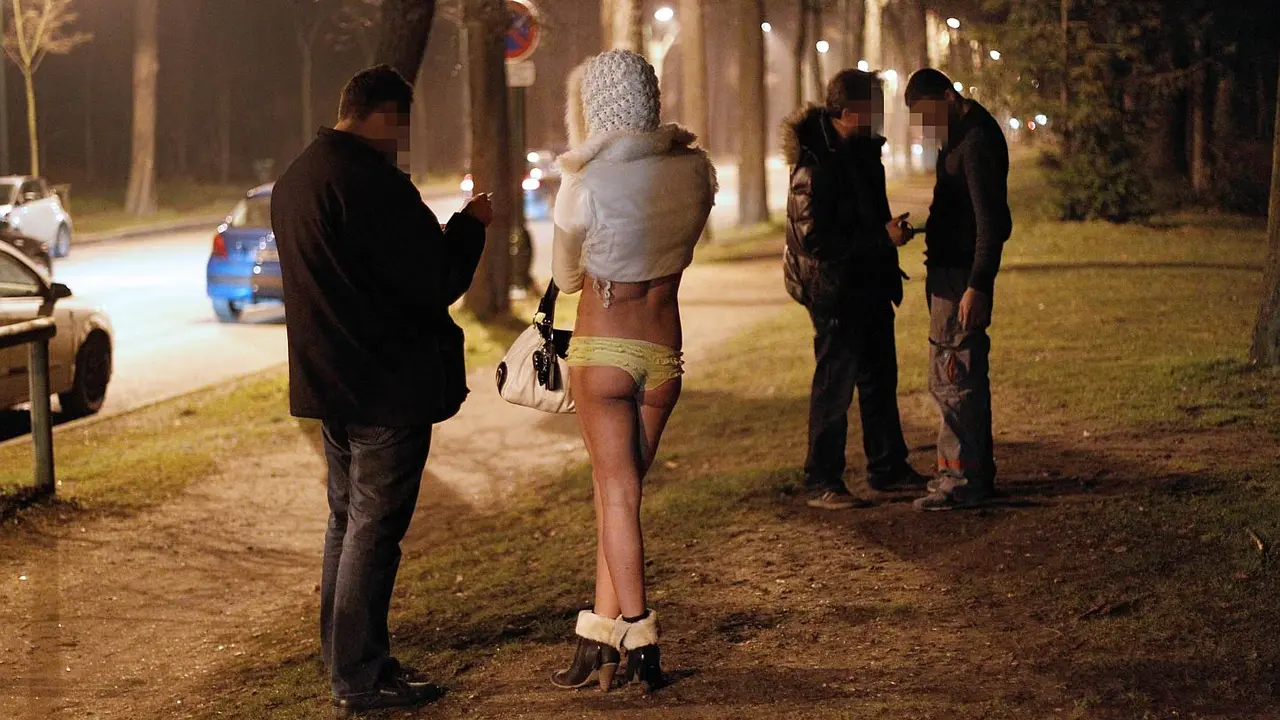From Forbidden Love to Legal Freedom: Unraveling Germany's Escort Industry
Roll back the layers of history and you'll find a narrative that has been intricately woven around the world's oldest profession, and yes, I'm talking about the escorting business. In Germany, the industry's tale is fraught with upheavals, shifts in societal norms and relentless efforts towards self-regulation. Let's delve into this fascinating and sometimes, controversial world.
As we begin our journey, let’s take a step back to the Middle Ages, where the practice of escorting was quietly and covertly flourishing. Despite the tight moral and ethical reins of the society of that period, especially the church, the profession found its footing. One just had to delve into the corners of a busy market or beneath the city's shadowy gates to find these 'ladies of the night'. They were either independent or managed by "madams" who ensured their safety and even helped in facilitating the financial transactions. This delicate balance of societal norms and covert practices continued for centuries, often fluctuating as society's attitudes towards sex and intimacy evolved.
The Arrival of Unregulated Red-Light Districts
Towards the 19th Century, as Germany underwent rapid industrialization, the escort industry witnessed a revelation of its own. Hordes of single, unmarried men flooded to cities, creating a demand for companionship and pleasure that couldn't be fulfilled within traditional societal frameworks. This led to the mushrooming of brothels and the infamous 'red light districts'.
Red-light districts presented an ethical and law enforcement conundrum for the authorities. These areas were rife with corruption, exploitation, and crime. Women were often subjected to horrendous conditions, forced into the profession, and left unprotected by the same society that demanded their services. The desire to control these arenas of unlawful behaviors led the state authorities to sporadic crackdowns, ranging from temporary closures to attempts at full prohibition.
The Twists and Turns of the 20th Century
Just when it appeared that escort services might be forced completely underground, the 20th century brought about new attitudes and new legislation. Beginning WWII, escorting was seen more as a necessary evil—the providers of a 'morale service' for the troops. Despite moral uneasiness, it was an accepted part of military life.
Post-war, however, the nation was left divided and so were the policies around the escort industry. East Germany followed a path of criminalization whilst West Germany adopted a more pragmatic approach. The West saw prostitution as a nuisance rather than a crime, a job like any other, and started regulating brothels and protecting sex workers. The perception shifted significantly, although the prudish attitudes of society still prevailed.
Legalizing Love: The Evolution into the 21st Century
Fast forward to the 21st century, the escort industry in Germany has seen a leap towards decriminalization and regulation. In 2002, Germany enacted laws that fully legalized the profession, granting a remarkable amount of rights and protections to escorts. They were now recognized as professionals, entitled to the same social support and health care benefits as anyone else.
This societal paradigm shift not only ensured better work conditions for escorts but also aimed to minimize exploitation and trafficking. It enforced stringent rules regarding hygiene standards, mandatory regular health checks, and licensing procedures for running a brothel. However, as progressive as it sounds, this approach has not been without criticism. Some argue that it has become a haven for sex tourism and accelerated human trafficking.
My Personal Encounter with History
Allow me, Sebastian, if you will, to share a brush I once had with the escort industry. Long before I became a blogger, I worked briefly at a hostel in Berlin. One evening, a charming woman who introduced herself as Katerina asked me for directions. We struck up a casual conversation during which she revealed that she was an escort. I remember my initial shock giving way quickly to curiosity and then, respect. Katerina spoke passionately about her profession, the clients she helps, and her rights as a legal worker. She belonged to a modern, fully regulated version of Germany's centuries-old industry, even going so far as to pay taxes on her earnings - an anecdote that I think quite rightly sums up the journey this profession has undertaken.
German escort industry's history is a narrative not just about societal transformation but also about human rights, labor rights, and public health policy. It's a testimony to the continuous struggle against stigmatization and for normalization. And even though it's not a perfect system, it does shine a light on a possible way forward for other countries grappling with the same issue.
And there you have it, folks— centuries worth of history condensed into a few thousand words. From muffled whispers in the corners of medieval towns to open conversations in modern society, the escort industry's tale in Germany is indeed one of evolution and resilience.




